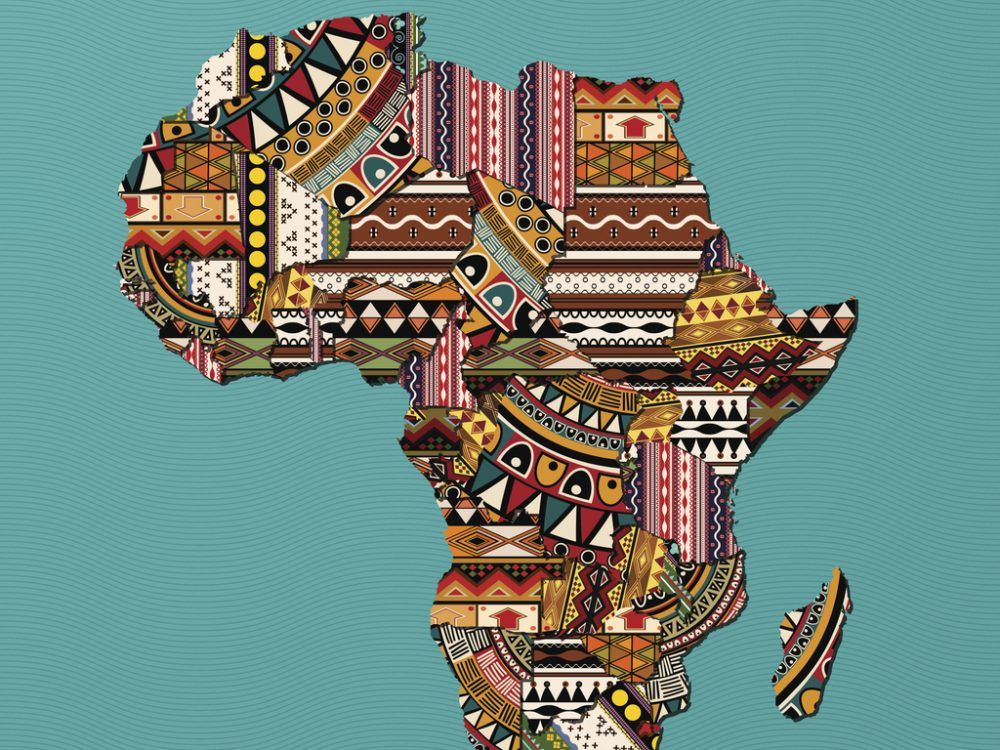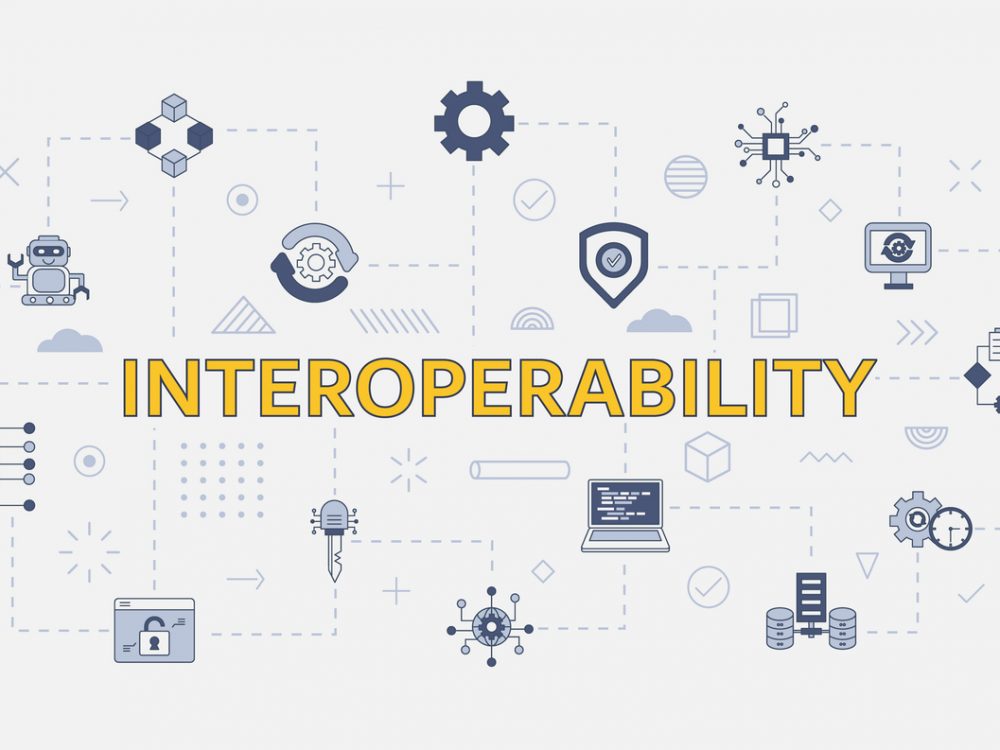
Development Gateway: A Data and Digital Organization
We strive for a world where communities have the data and digital tools they need to build a more resilient, equitable, and sustainable future.
We partner with communities and governments to build the data systems and digital tools that drive lasting change. For 25 years, we’ve combined a distinctive blend of expertise in data governance, change management, government systems, digital development, and policy engagement. We integrate these perspectives into a cohesive approach that drives meaningful digital transformation where it matters most.
Read the Latest from Our Blog

Beyond the Algorithm: The Case for Human Judgment in AI
As AI spreads across sectors, this blog explores why human-in-the-loop approaches remain essential, examining how human judgment supports ethical and sustainable AI, the limits of this approach, and what comes next.

Data on Youth and Tobacco in Africa Program Enters Phase II
The Data on Youth and Tobacco in Africa (DaYTA) program is launching its second phase, expanding to five additional countries. This blog highlights DaYTA’s objectives, innovative approach, and the key activities driving impact in adolescent tobacco control measures.

Interoperability as a Cornerstone of Resilient Digital Systems
As digital systems continue to multiply, siloed platforms limit long-term impact. This blog reflects on why interoperability is essential to building resilient, sustainable digital systems that remain useful beyond individual programs.